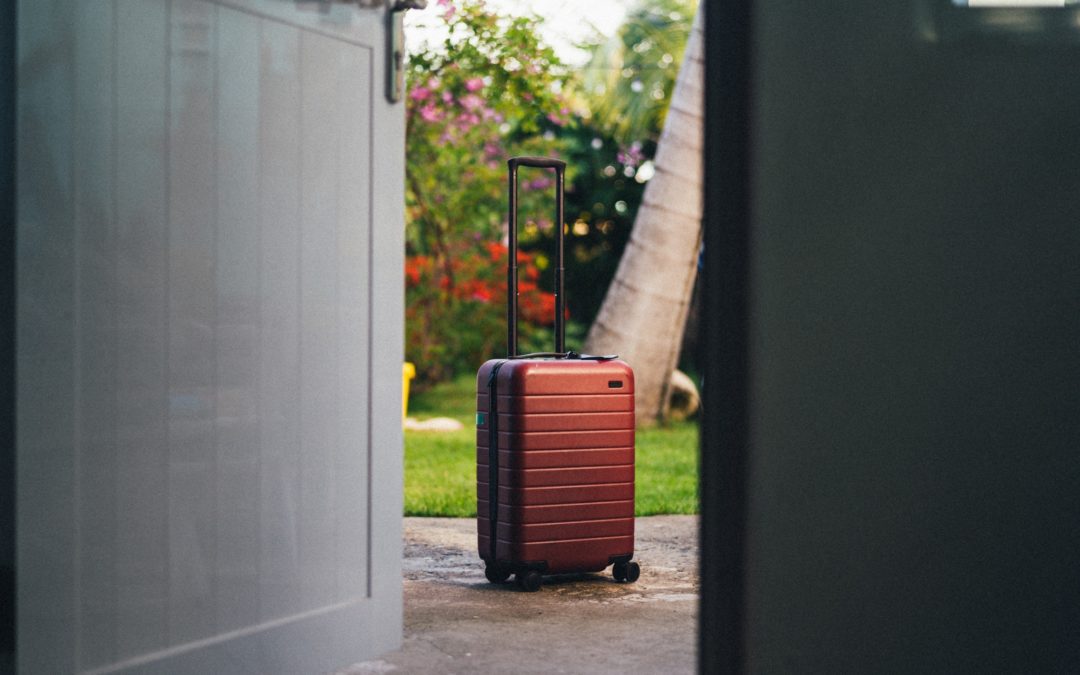This will not be a guide, in your traditional sense. It can’t be, because there’s a hyphen in my nationality.
Reverse culture shock, by definition:
the collision of feelings (i.e. surprise, disorientation, confusion) experienced when a person returns to their home country
So I won’t write you a step-by-step guide, because I haven’t ever truly “returned to my home country”. I was born and raised in Hawaii, moved to my parent’s home of New Zealand at 18, and now, ten years later, I’ve moved back to Hawaii. Both are home—and both are foreign.
Which means?
I live in a constant state of reverse culture shock.
So, I could write you a step-by-step guide. Maybe I will, one day. But for now, on this drizzling Sunday night in Hawaii, I want to tell you three stories.
Sometimes stories turn out to be the best guides, anyways.
reverse culture shock: a study
I got my driver’s license right before I graduated high school. I traveled that summer. Then I got a full-time nannying job—in the same apartment complex. I drove my parents’ car occasionally, and gave them money for gas (they had the Costco membership). Then I moved to New Zealand.
So I only ever looked after a car in New Zealand.
Last month, when it came to finally needing to fill up the car I was using here in Hawaii (with petrol, right?), I had no idea how to work an American gas pump. I mean, I could have googled it. But my friend thought I was joking when I asked what to do.
I don’t know how to tell you what it feels like to be at a 76 at the end of the road you grew up on, double-checking the text from your mom to make sure you’re putting the right number in, and then the pump keeps clicking off because you don’t know how to hold it here. It’s disorienting. Confusing. Embarrassing. A collision of feelings.
But on that Thursday afternoon in Hawaii, I ran into a young couple who needed help, too. And though it was simply a plea for a few dollars, I saw honesty in their eyes and suddenly knew that, even in my disoriented, proud, embarrassed state—I still had something to offer.
I drove home, heart and gas tank full. For that, I think I was more grateful than they were.
reverse culture shock: an experience
Two days and two flights later, I was running around a wedding venue in Kansas City. My best friend is a wedding planner—a beyond excellent one, at that—and she convinced me to work with her for a day. I couldn’t wait to see her world, and meet the people she does life with.
As I set up candles and counted chairs, I met florists and family members and venue coordinators.
Nobody asked me where I was from.
And I realized—I’ve spent ten years meeting people at events in New Zealand. Which means—I’ve had ten years of people noticing my American accent within two sentences or less. It did get old. Especially when I held a Kiwi passport and didn’t need a flat white explained to me.
But there was always a comfort in how quickly someone would ask me my story.
In Kansas City, I was a foreigner with no way to tell someone without telling them.
When there was a lull in the chair-counting, I ran into the photographer. I mentioned I was visiting Kansas City from Hawaii. And just recently moved back from New Zealand.
Instead of asking where that was, the photographer happened to know the infamous-in-New-Zealand viral video about the whale who was “beached as”.
And there, the farthest from “home” I could be (let’s be honest, the Mainland is another world), home didn’t feel so far away.
reverse culture shock: a reality
Reverse culture shock, it’s a reality.
I’m back in Hawaii again, my first full weekend home. Was I at the beach today? Nope.
Not at all—my brother Daniel (born in New Zealand), my niece and nephew (both born in Australia), and I (born in Hawaii) drove to a town in the mountains that looks uncannily like New Zealand, stopped at a cafe owned by an Australian (where I ordered a flat white), and then had Hawaiian mix-plate at a diner we used to frequent after high school soccer games.
And in this collision of cultures, I felt utterly at home.
final thoughts.
For me, a hyphenated world has always been my reality. I’ve had two passports for as long as I can remember. I’ve always had a hard time replying to “where are you from?”. I’ve always had a story.
But for many of you, reverse culture shock is the moment you realized your world is now hyphenated. You don’t have to be a dual citizen to belong to two countries. You simply need to have loved and been loved in both places.
So, my advice to those experiencing reverse culture shock is this: embrace the collision, and find people who have done the same.
And in that collision—tell your story.
We desperately need it.
Therefore go and make disciples of all nations, baptizing them in the name of the Father and of the Son and of the Holy Spirit, and teaching them to obey everything I have commanded you. And surely I am with you always, to the very end of the age. (Matthew 28:19-20)



